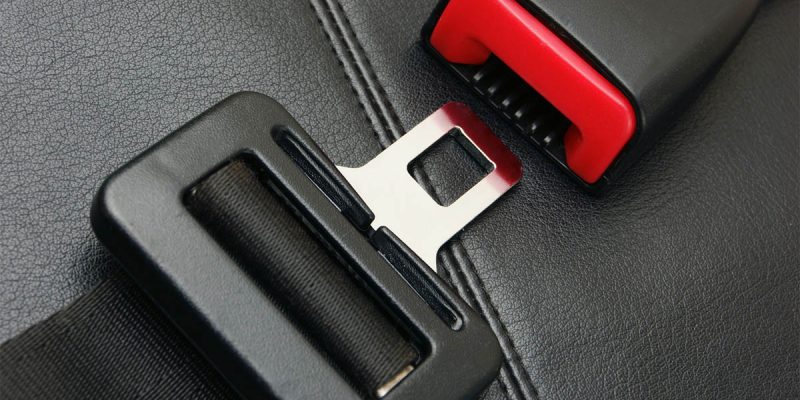It is a trend these days for professional sports teams to implore their fans to “trust the process.” This is code for when teams beg for their fans’ continuous support as they trade away popular stars to clear salary cap space and lose enough games to secure high draft picks as they try to set up championship glory down the road. The theory is losing big-time today can lead to winning big-time tomorrow.
The Oakland A’s are perennial masters of this process, and the Houston Astros took a similar path to their World Series title last year. The NBA’s Philadelphia 76ers are now in the final stages of such a process and are finally contenders after years of historic losing. In the NFL, while our beloved New Orleans Saints are hopefully at least two years away from potentially embracing the process, traditional powers like the San Francisco 49ers and New York Giants have it squarely in a bear hug. Time will tell for each of these teams if the process worked as planned.
While showing some patience and trusting the process may occasionally work in sports, it doesn’t usually work in government.
For generations, we have been told time and time again in Louisiana to just “trust the process.” The pitch made by a chorus of politicos and talking heads over the years is that Louisiana’s model of government is fine, it has just never gotten enough money to make it work right. That sales pitch is losing credibility by the day, spurring momentum for a Constitutional Convention across the state.
Another example of government’s “trust the process” sales pitch took place in the Louisiana Senate this week.
Senator Sharon Hewitt introduced legislation that was amended in the Transportation Committee to simply allow a judge to inform a jury whether a driver was wearing a seat belt when he/she files a personal injury lawsuit as a result of a car accident. Representative Jack McFarland introduced similar legislation on the House side. Current Louisiana law bans this evidence from being discussed in civil trials, a provision known as a “seat belt gag order.”
The bill came up for a vote on the Senate floor, as scheduled. However, before the bill could be voted on, a procedural motion was made to send the bill to a second Committee (Judiciary A) instead of debating it on the Senate floor. The stated rationale was simply to “follow the process,” but the unstated goal was clearly to kill the bill. The motion passed, and this common-sense legislation will likely die in that committee.
Why should you care about this tidbit of parliamentary procedure? Because “following the process” will once again quietly kill anything remotely close to legal reform in the Louisiana Legislature. Still, don’t care? Well, think about how following the process over the years has impacted your car insurance rates…
The automobile insurance markets in Louisiana are on the verge of crisis, affecting both the affordability and availability of insurance. Several insurance companies have stopped writing auto insurance policies in the state, others have restricted underwriting, and all have increased prices significantly.
Advertisement
Louisiana’s car insurance rates are second highest in the nation at an average annual premium cost of $2,225, compared to the national average of $1,427. The reasons are many, but a major factor are state laws that encourage litigation and “have a dramatic and negative impact on Louisiana’s auto insurance market, and result in decreased competition due to an insurer’s unwillingness to compete for business in our state,” according to the Louisiana Property and Casualty Insurance Commission.
The number of car accidents in Louisiana is just slightly higher than the national average, and the claims for property damage are in line with the number of car accidents — slightly higher than the national average. However, the rate of claims for bodily injuries in Louisiana is almost twice the national average. This unusually high number is a driving factor behind Louisiana’s high auto insurance rates and limited market capacity.
Louisiana requires passengers to wear a seat belt, a law that has been in place for decades. Being transparent and honest in court about compliance with this law may help with our insurance markets. However, we will never know until the Louisiana Legislature lifts the seat belt gag order, which is the very law Senator Hewitt and Representative McFarland are trying to change and the one “the process” is trying to protect.
According to The Center for Disease Control Studies (CDC), wearing a seat belt is the most effective way to prevent death and serious injuries in a crash. According to the National Highway Traffic Safety Administration, the risk of fatal injury is reduced by 45 to 60 percent and the risk of moderate-to-critical injury is reduced by fifty to 65 percent by simply wearing a seat belt. While only one in seven passengers do not buckle up, 53 percent of motorists killed in crashes in 2009 were not wearing restraints. Most Louisianans clearly recognize the grave risk and harm from not wearing a seat belt and I assume most juries would as well.
Unbelted occupants have medical costs three times higher than belted motorists. Currently, the insurer is paying for these comparatively high damages. Ultimately, these insurance costs are being borne by individuals and employers paying higher premiums. That’s code for you, me and every other legal driver in the state.
“The process” may have brought a World Series title to Houston and it very well may soon bring an NBA championship to Philadelphia. But in Louisiana, “the process” is broken if it continues to needlessly hold up sensible legal reforms that can help lower insurance rates and improve the lives of every day Louisianans. Lifting the seat belt gag order should be a no-brainer… no matter what process the Legislature decides to use.
Advertisement
Advertisement

